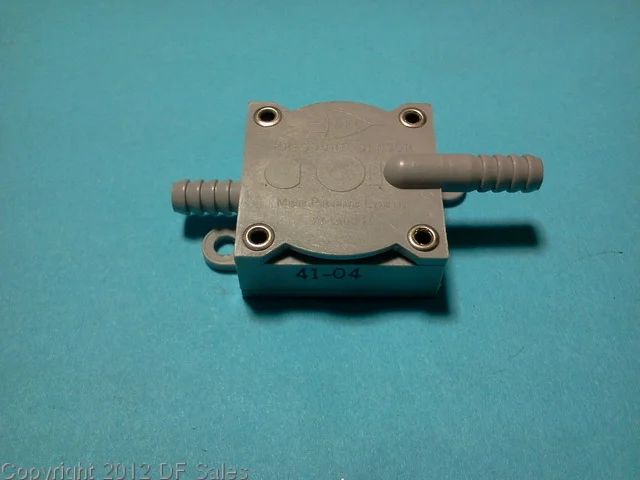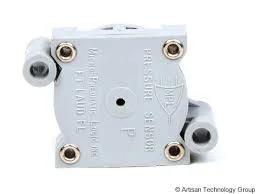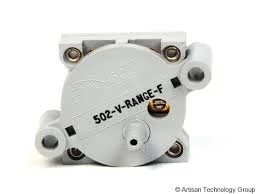
Table of Contents
“21 Game-Changing Benefits of Micro Pneumatic Logic in Today’s Automation Revolution”

🧠 Introduction to Micro Pneumatic Logic
What Is Micro Pneumatic Logic?
Imagine controlling systems using air instead of electricity—yes, that’s exactly what micro pneumatic logic does. It’s a miniaturized control system that uses compressed air to perform logic operations like AND, OR, NOT—just like an electrical circuit, but with air.
Why It Matters in Modern Automation
As automation becomes more complex and environments more sensitive, traditional electronics aren’t always the best fit. Micro pneumatic logic fills this gap with an efficient, non-electric alternative that thrives where others fail.
🔍 Understanding the Fundamentals
How Micro Pneumatic Logic Works
Instead of circuits and semiconductors, micro pneumatic systems use pressure differentials to move tiny mechanical valves. These valves open and close based on air flow, creating logic-based control systems.
Core Components
- Micro-valves
- Pneumatic channels
- Air reservoirs
- Logic chips (mechanical)
Common Applications
- Medical devices
- Industrial automation
- Aerospace control systems
- Laboratory automation
Micro Pneumatics vs. Traditional Electronics
| Feature | Micro Pneumatics | Electronics |
|---|---|---|
| Power Source | Compressed air | Electricity |
| EMI Resistance | High | Low |
| Suitability for Explosive Environments | Excellent | Poor |
| Maintenance | Low | Moderate |
🚀 21 Reasons Why Micro Pneumatic Logic Is Revolutionizing Automation
1. Compact Design for Tight Spaces
Space is premium in automation setups. Micro pneumatic components are often smaller than a coin, making them perfect for dense, compact systems.
2. Energy Efficiency at Its Best
Once pressurized air is in the system, it consumes minimal additional energy, especially when compared to electrical circuits constantly drawing power.
3. No Electrical Interference
Because they use air, they’re immune to electromagnetic interference (EMI), making them ideal for hospitals and labs.
4. Safer in Explosive Environments
No sparks, no fire hazards. That’s why they’re heavily used in oil refineries and chemical processing.
5. Durable Under Harsh Conditions
Extreme heat or cold? Dust or water? No problem. Micro pneumatic systems can take a beating and still keep going.

6. Ideal for Medical and Biotech Applications
These systems offer ultra-precise control needed for handling cells, fluids, or microdoses—safely and cleanly.
7. Smooth Integration with Existing Systems
Thanks to modular designs, they’re easy to retrofit into older machines or integrated with PLCs.
8. Low Maintenance Requirements
Fewer moving parts and no electrical wear mean less downtime and lower long-term costs.
9. Cost-Effective Over Time
Initial setup might be pricey, but the savings on maintenance, energy, and system life pay off in the long run.
10. Precise Control Capabilities
Micro pneumatic logic provides high-resolution control, which is essential for operations like sample analysis or robotic surgery.
11. Quiet Operation
No humming motors or clicking relays—just smooth, silent air-powered logic.
12. Eco-Friendly Alternatives
Using clean air rather than hazardous chemicals or electricity makes it more sustainable.
13. Reduces Heat Generation
Unlike electronics, it doesn’t overheat—great for compact, thermally sensitive spaces.
14. Flexible Configurations
Need a custom setup? No problem. Components are modular, allowing for personalized layouts.
15. Ideal for Cleanroom Use
They don’t generate particles, which keeps them within strict cleanroom compliance.
16. Increasing Adoption in Aerospace
They’re lighter than electronic components, a critical factor in aircraft and satellites.
17. Seamless Use in Robotics
From robotic arms to surgical bots, precision and reliability make them a favorite.
18. Boosting Automation in Packaging
Speed, control, and durability? Check. Perfect for packaging lines in food or pharma.
19. Simplifying Customization
You can create custom logic circuits without any coding—just design the air pathways.
20. Backed by Cutting-Edge Research
Microfluidics and nanotech research are constantly enhancing the capabilities of micro pneumatic logic.
21. Future-Proof Technology
With growing interest in non-electric automation, this is one tech that’s not going anywhere.
🏭 Key Industries Benefiting from Micro Pneumatic Logic
Manufacturing
Streamlined, precise, and scalable—ideal for modern factories focusing on Industry 4.0.
Healthcare
From diagnostic devices to ventilators, reliability is life-saving.
Aerospace and Defense
Lightweight and durable equals mission-ready.
Consumer Electronics
Used in ultra-compact environments like wearable tech or smartphones.

🧩 Choosing the Right Micro Pneumatic Components
What to Look For in a Supplier
- Proven track record
- Compliance with international standards
- Strong customer support
- Custom solution capabilities
Tips for Integration and Scalability
- Start with modular kits
- Use simulation software
- Collaborate with specialists in microfluidics
🔮 The Future of Micro Pneumatic Logic
Trends to Watch
- Integration with IoT and smart sensors
- Use in wearable medical devices
- Open-source pneumatic circuit design platforms
R&D and Innovation on the Horizon
- Bio-inspired pneumatic systems
- Increased miniaturization
- Self-repairing valves
✅ Conclusion
Micro pneumatic logic is more than a niche technology—it’s a game changer in modern automation. Whether you’re in healthcare, manufacturing, or even aerospace, this air-driven marvel offers safe, compact, efficient, and future-ready solutions. As systems grow more complex and environments more demanding, adopting micro pneumatic logic might just be the smartest move you can make.
❓FAQs
1. What are the main benefits of using micro pneumatic logic?
Compact size, energy efficiency, safety, and no EMI make it an ideal choice for many sensitive applications.
2. Is micro pneumatic logic suitable for high-precision tasks?
Absolutely. It offers precise control, especially useful in biotech and medical devices.
3. Can I replace electrical systems with micro pneumatic logic in all environments?
Not always. It depends on your system’s specific needs, but it’s ideal for harsh, explosive, or EMI-prone environments.
4. What industries are adopting this technology the fastest?
Healthcare, aerospace, and advanced manufacturing are leading the charge.
5. How does micro pneumatic logic compare in terms of cost and maintenance?
Initial costs can be higher, but long-term savings on energy and maintenance make it cost-effective.















Leave a Reply